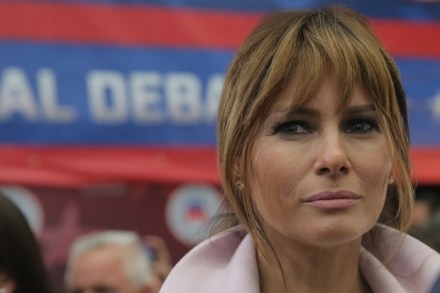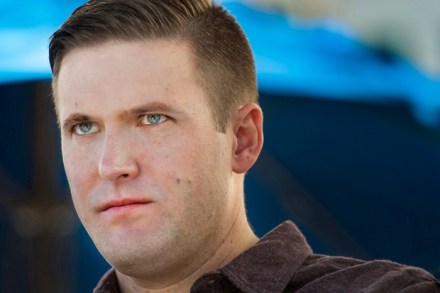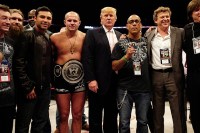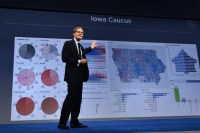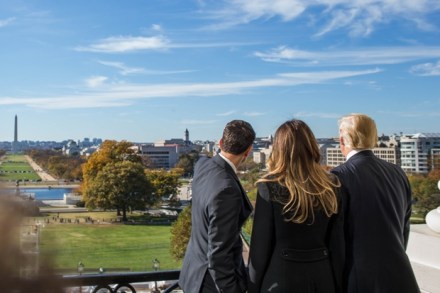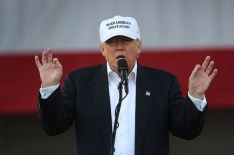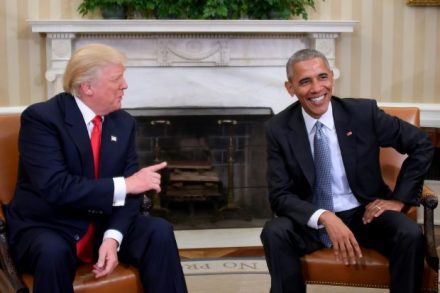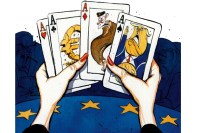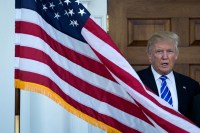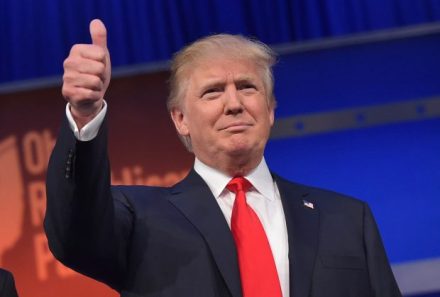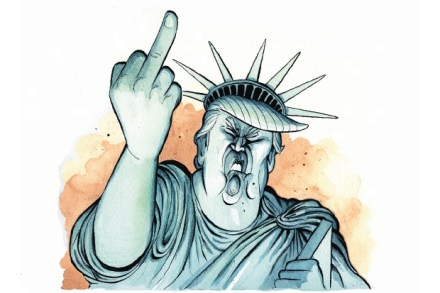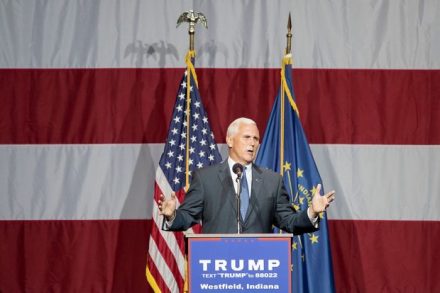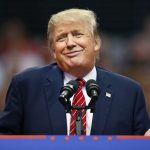Making America crass again
Elsie de Wolfe was the pioneer interior designer whose motto was ‘plenty of optimism and white paint’. She banished brown Victoriana from America. And her work on Henry Clay Frick’s private apartments introduced new American money to old French furniture. If only she were with us today. For his first television interview as president-elect, Donald Trump appeared, imperiously, sitting on a golden throne in the style of Louis Quinze. My vision may well have been blurred by circumstances beyond, but I think there were period-incorrect wall and ceiling paintings on classical-allegorical themes in the background. All of this on cantilevered decks behind mirrored glass about 200 metres above Fifth Avenue.




